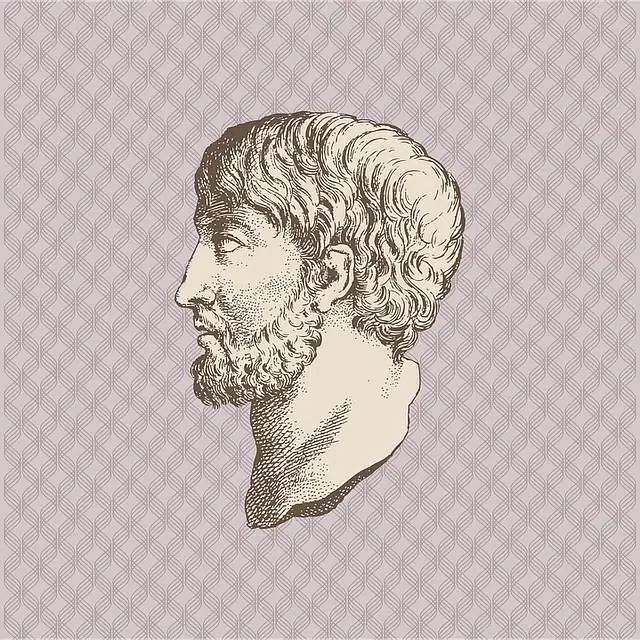
Eureka is an interjection used to celebrate a discovery.
The term eureka comes from the Greek heúrēka , which can be translated as "I have found." This word is a conjugation of heurískein (the verb "to find" ).
In our language , eureka is an interjection that is used when finding something that one longed to discover, reveal or achieve . It should be noted that interjections are words that do not vary and that allow the formation of exclamations to express feelings or impressions or to make an appeal.
Archimedes' principle
The expression is attributed to the mathematician, physicist, astronomer and engineer Archimedes of Syracuse (287 BC – 212 BC). It is said that the tyrant Hiero II presented a problem to this thinker linked to the purity of the gold contained in a crown. The ruler wanted to know if the goldsmith had used only gold or if he had mixed this precious metal with a cheaper one.
Archimedes did not have the possibility of melting the crown to estimate the density of its material. In this context, upon entering a bathtub full of water , he noticed that the level of the liquid rose when he entered.
The scientist, in this way, recognized the existence of a link between the volume of an element that is partially or completely underwater and its buoyant force. This effect, Archimedes considered, could help him know the density of Hiero II 's crown , information that in turn would allow him to know if the accessory in question contained metals that were not very dense and cheaper than gold.
The discovery led to what is now known as Archimedes' principle . According to this postulate, a body totally or partially submerged in a fluid that is at rest registers an upward thrust that is equal to the weight of the fluid that was dislodged by immersion.

The Greek Archimedes is credited with the origin of the expression "Eureka!"
Use of the eureka interjection
Continuing with the anecdote, it is stated that Archimedes , upon detecting this phenomenon , got out of the bathtub and, without dressing, began to run down the street, celebrating while shouting "Eureka!" (i.e., "I have found it!" or "I have discovered it!" ).
Therefore, the expression eureka is used to celebrate a find or discovery . Its use is associated with a sudden understanding, almost like a revelation .
The eureka interjection can therefore be related to an epiphany or serendipity . When someone suddenly or unexpectedly gains access to previously unknown knowledge, what is known as the eureka effect occurs.
By extension, one can exclaim "eureka!" when receiving good news or learning something positive . For example : «Eureka! "I got a job in a computer company," "Tomorrow there will be no classes as they will disinfect the school. "Eureka!" , «Eureka! They chose a story of my authorship among the finalists of a famous literary contest .
An asteroid and several cities
Eureka , on the other hand, is the name of an asteroid that passes through the orbit of Mars . Discovered in 1990 , it is part of the group of Trojan asteroids on this planet.
In different countries, finally, there are various administrative or geographical entities that are called Eureka . If we focus on the United States , to mention one case, we can find cities with this name in states such as California , Illinois and Kansas , among others.
